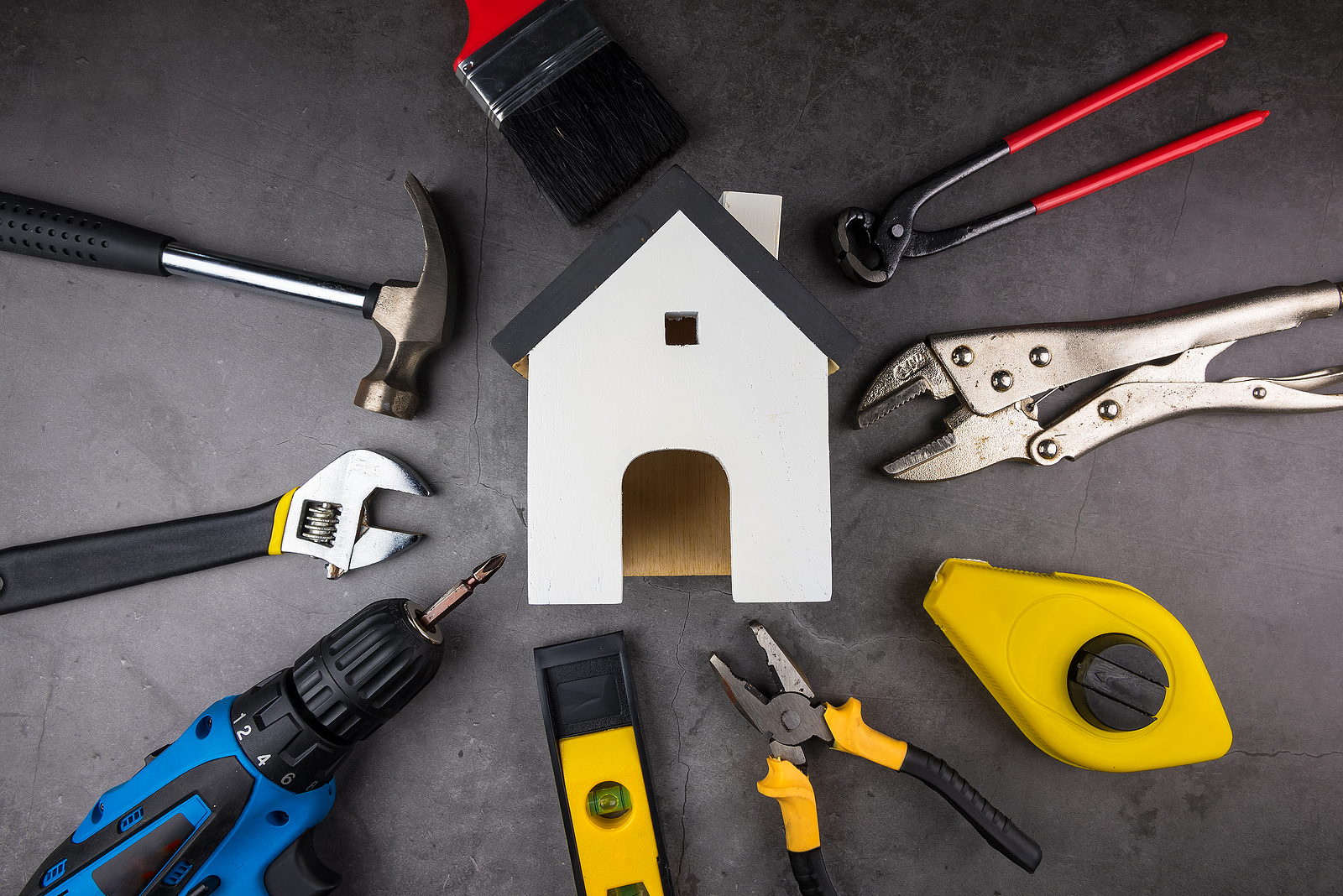There’s an old saying among boat owners: “A boat is nothing more than a hole in the water into which you throw money.”
The same can be said for some homes, especially older homes that haven’t been updated.
Regardless of how old a home is, it will require some sort of repair during the time you own it. In fact, a Hippo survey found that 77% of new homeowners will experience some sort of “… unexpected issue …” that needs repair during the first year of ownership.
Some repairs will be minor and, perhaps, DIY-able. Others are of the “OMG, I’m going to be sick” variety.
Today we’ll take a look at the less-cardiac-inducing and most common home repairs and how much you can expect to pay for them.
Common home repairs and how much they’ll set you back
We’ve combed the various home repair sites to come up with an average cost for some of the most common repairs.
Remember, we are currently experiencing inflation, supply chain issues and more, so these prices may increase by the time you need to make any of the repairs.
But, at least you’ll have a ballpark figure to work with when it comes to setting up your home repair fund.
Electrical problems
Electrical problems top the list of most common repairs needed after a home purchase. The most common problem seems to be insufficient Ground Fault Circuit Interrupters (GFCI) installed in and around the home.
“A GFCI should be used in any indoor or outdoor area where water may come into contact with electrical products. The National Electrical Code currently requires that GFCIs be used in all kitchens, bathrooms, garages, and outdoors,” according to the experts at the Electrical Safety Foundation International.
Unless you are very familiar with electrical work, you’ll need to hire a professional electrician. Plan on spending between $7 and $25 for the outlet itself.
Then, you’re looking at between “. . . $125 to $250 per outlet depending on if you’re replacing an existing or adding a new location,” claims Lauren Lloyd at forbes.com.
Water heater repair or replacement
Consider yourself lucky if your home inspector finds the water heater problem so that you can negotiate with the seller to make the repair.
Otherwise, you are looking at paying nearly $600 for repair. This is the national average cost, according to HomeAdvisor.com. “The typical range for repairs is between $220 and $958,” they claim.
If you need a new water heater you’ll pay between $600 to $1,800.
Plumbing problems
Leaky, dripping faucets and pipes are one of the most common plumbing problems encountered by the new homeowner. Thankfully, they are also among the cheapest to remedy.
If you feel that your DIY skills aren’t up to the task, however, call a plumber.
“The average cost [nationwide] for labor and parts to repair a dripping faucet is $200 to $330, with most repairs costing $270,” according to research performed by the pros at homeadvisor.com.
Leaking pipes can be a bit pricey to fix, especially if the plumber needs to find the pipe that’s leaking.
According to homeadvisor.com, sleuthing may tack on $100 to the average cost of $150 to $350 to repair the pipe and another $250 to $750 to repair the drywall after the repair.
How will you pay for these repairs?
“Money expert” Clark Howard suggests that you create a Fix-It Fund to help save for unexpected home repair expenses. He urges homeowners to put “. . . the equivalent of two monthly mortgage payments aside in a maintenance and repair fund for your home.”
With the prices of most everything skyrocketing, this is easier said than done. But it’s not impossible. Although Howard suggests that you save this money over the course of a year, right now you may want to be more flexible with the deadline.
Just start saving, whatever you can, every month in a dedicated account and don’t touch it for anything but home repairs.
To learn more about how to start your Fix-It Fund, visit clark.com.





